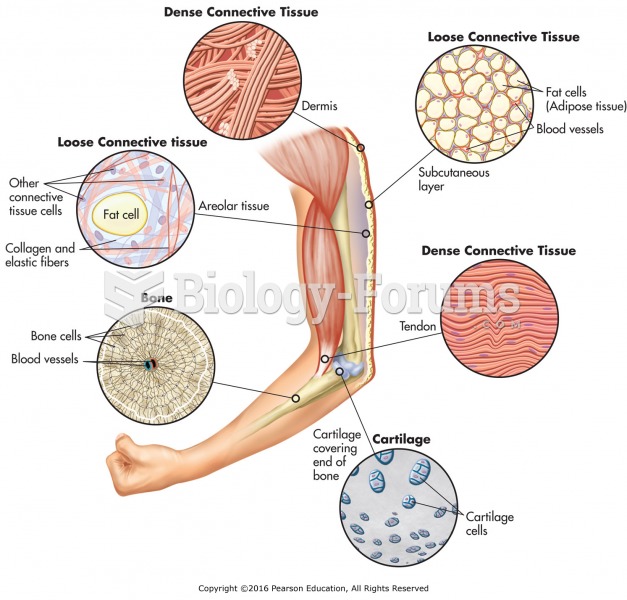Answer to Question 1
Correct Answer: 1,2
Rationale 1: Succinylcholine (Anectine) is indicated for very short procedures such as intubation.
Rationale 2: Succinylcholine (Anectine) is indicated for very short procedures such as electroconvulsive therapy.
Rationale 3: Succinylcholine (Anectine) is indicated for very short procedures. A total hip replacement is not a short procedure.
Rationale 4: Succinylcholine (Anectine) is indicated for very short procedures. A craniotomy is not a short procedure.
Rationale 5: Succinylcholine (Anectine) is indicated for very short procedures. Mitral valve replacement is not a short procedure.
Global Rationale: Succinylcholine (Anectine) is indicated for very short procedures such as intubation and electroconvulsive therapy. It would not be appropriate for a total hip replacement, a craniotomy, or mitral valve replacement.
Answer to Question 2
Correct Answer: 1,2
Rationale 1: A nondepolarizing blocker can be treated by administering an acetylcholinesteras e inhibitor such as neostigmine (Prostigmin).
Rationale 2: Hypotension can result after the administration of a nondepolarizing blocker, which is treated with an antihistamine-to-block histamine release.
Rationale 3: This is a depolarizing blocker that would potentiate the effects of the nondepolarizing medication.
Rationale 4: A diuretic would potentiate the effects of this medication.
Rationale 5: Quinidine potentiates the effects of this medication.
Global Rationale: A nondepolarizing blocker can be treated by administering an acetylcholinesteras e inhibitor such as neostigmine (Prostigmin). Hypotension can result after the administration of a nondepolarizing blocker, which is treated with an antihistamine-to-block histamine release. Succinylcholine (Anectine) is a depolarizing blocker that would potentiate the effects of the nondepolarizing medication. A diuretic and quinidine would both potentiate the effects of this medication.







